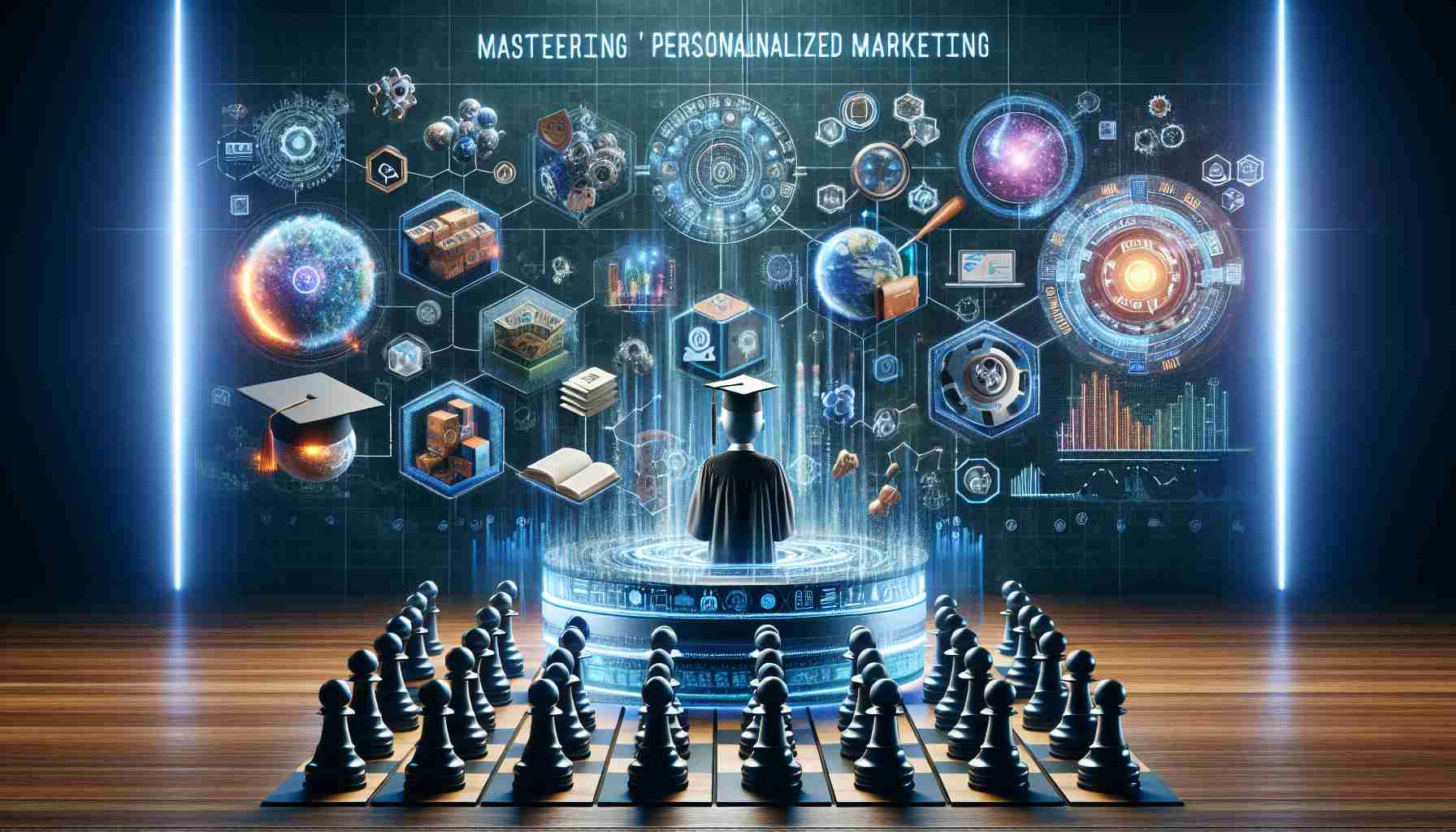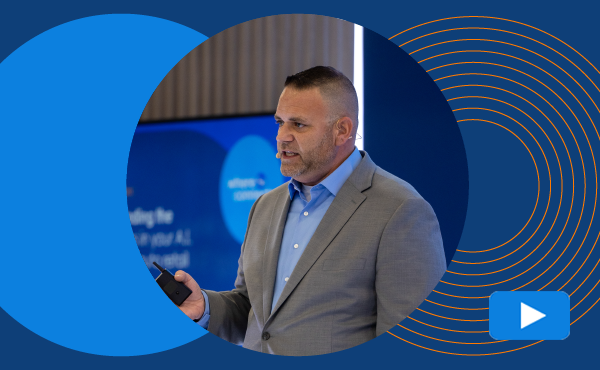







Retailer Boohoo has announced an expanded partnership with Bloomreach, a provider of AI-powered search and merchandising tools. The partnership will enable Boohoo to leverage Bloomreach's technology across multiple brands, including Boohoo, BoohooMAN, and Karen Millen. By using AI-powered tools, Boohoo aims to maximize data-driven personalization in its marketing campaigns, leading to increased conversion rates and return on investment. The new technology will allow Boohoo to use customer and product data to provide personalized on-site and in-app journeys, as well as boost and rank products based on real-time customer data. This partnership is expected to enhance the shopping experience for Boohoo's millions of customers [10b5924c].
Retailers and remarketing players in Europe are harnessing the power of AI to enhance customer experiences and optimize sales activities. By analyzing the search behavior of potential customers, AI algorithms generate personalized product offers that align with their preferences. Indicata, a leading data provider, collaborates with Autorola and AUTO1 to leverage AI and data science in remarketing. Autorola, with over 60,000 active dealers on their platform, uses AI to provide personalized vehicle recommendations to merchants. This technology enables remarketing players to anticipate market preferences, accurately price cars, and reduce the time it takes to sell vehicles [71224b17].
The integration of AI in retail technology is transforming the way B2B buyers engage with sellers. AI-powered search solutions are becoming increasingly important for B2B organizations, with 86% of respondents ranking AI as a top focus for their search solution purchase initiatives. AI is being used to identify buyer personalization, reduce manual labor and costs, and improve the accuracy and relevance of product discovery results. B2B decision-makers recognize the potential of AI to scale revenue and profitability, with 53% aiming to shift revenue from in-person to ecommerce channels. Additionally, search tools and applications are being leveraged to help organizations stand out in a competitive market, meet customer expectations, expand online presence, and increase ecommerce sales [3cf43bdd].
Retailers and consumer-packaged goods (CPG) companies are embracing AI and machine learning to optimize supply chain efficiency and accuracy. According to a study by RELEX Solutions, 57% of retailers and CPG companies plan to invest in predictive and generative AI in the next three to five years. Real-time inventory visibility, customer demand sensing, and inventory optimization tools are identified as the most essential capabilities for retailers. Integrated supply chain planning capabilities are critical for CPGs, with day-level planning considered crucial for accurately forecasting and responding to consumer demands. Both retailers and CPGs are rearchitecting their supply chains to navigate evolving consumer expectations, channel shifts, disruptions, and uncertainty. The adoption of new technologies like AI and ML, along with a culture of collaboration and agility, is emphasized as key to transforming supply chain management [3cb798d0].
Advantage Solutions, a company at the intersection of retailers and consumer-packaged goods companies, is leveraging AI to enhance its service capabilities. With an AI Core Competency Center in Chicago, Advantage is integrating AI into all areas of its business. AI is used to optimize in-store product placement, pricing strategies, and supply chain management. The company aims to embed AI into every facet of its operations, including training virtual AI-powered agents for help desk, HR, legal, finance, and communication. Advantage recognizes the importance of balancing the power of AI with its existing strengths and expertise in the retail industry [71d95e7f].
The retail sector is experiencing a renaissance fueled by generative artificial intelligence (GenAI) and improved computing power. These advancements enable retailers to create smart shopping experiences, increase staff efficiency, and minimize operational costs. Conversational AI and computer vision streamline processes like drive-through services and self-checkout systems, while RFID tags and recommendation systems transform in-store shopping experiences. The integration of GenAI into retail technology presents a clear path for stores to revolutionize the shopping experience and drive efficiency. However, retailers must navigate challenges such as data privacy, security concerns, and the need for skilled personnel to manage and interpret AI systems. As the retail landscape evolves, AI continues to play a pivotal role in shaping the future of the industry [6f8983b4].
Artificial intelligence (AI) has the potential to be a gamechanger for dealerships in Europe, but not all AI is created equal. Cox Automotive Inc. discusses how to make sense of AI technology in the automotive industry, including what to expect and key questions to ask when evaluating AI tools. The video also mentions Retail360 Deal, a brand featured in the video. Viewers are encouraged to ask questions and sign up for bi-weekly updates on automotive industry news and trends. The video is part of a series of speaker sessions by Cox Automotive Inc. [58e1a763].
Shai Ozon, CEO and founder of Abra, discussed the challenge of creating personalized messages in the marketing industry at a recent conference on AI and marketing strategies. Ozon emphasized the need to harness the power of AI to craft targeted and individualized content while maintaining the human touch. The integration of AI in marketing is rapidly evolving, enabling businesses to analyze customer behavior patterns, deliver relevant marketing messages, and provide personalized service through chatbots and virtual assistants. However, personalized marketing powered by AI raises concerns about privacy and ethical use of customer data. The advantages of AI in personalized marketing include scalability and real-time insights, while the disadvantages include privacy issues and the potential loss of human creativity. Key questions include how to leverage AI for personalization without infringing on privacy, ensure ethical use of customer data, and maintain a human touch in AI-enhanced marketing campaigns [b7a95717].
Boohoo has expanded its partnership with Bloomreach to use its AI-powered search and merchandising tools across multiple brands, including Boohoo, BoohooMAN, and Karen Millen. The tools have helped Boohoo maximize data-driven personalization in its marketing campaigns, leading to increased conversion rates and return on investment. With the new AI-powered tech, Boohoo can use customer and product data to provide personalized on-site and in-app journeys. This includes boosting and ranking products using real-time customer data. The partnership is expected to enhance the shopping experience for Boohoo's millions of customers [10b5924c].